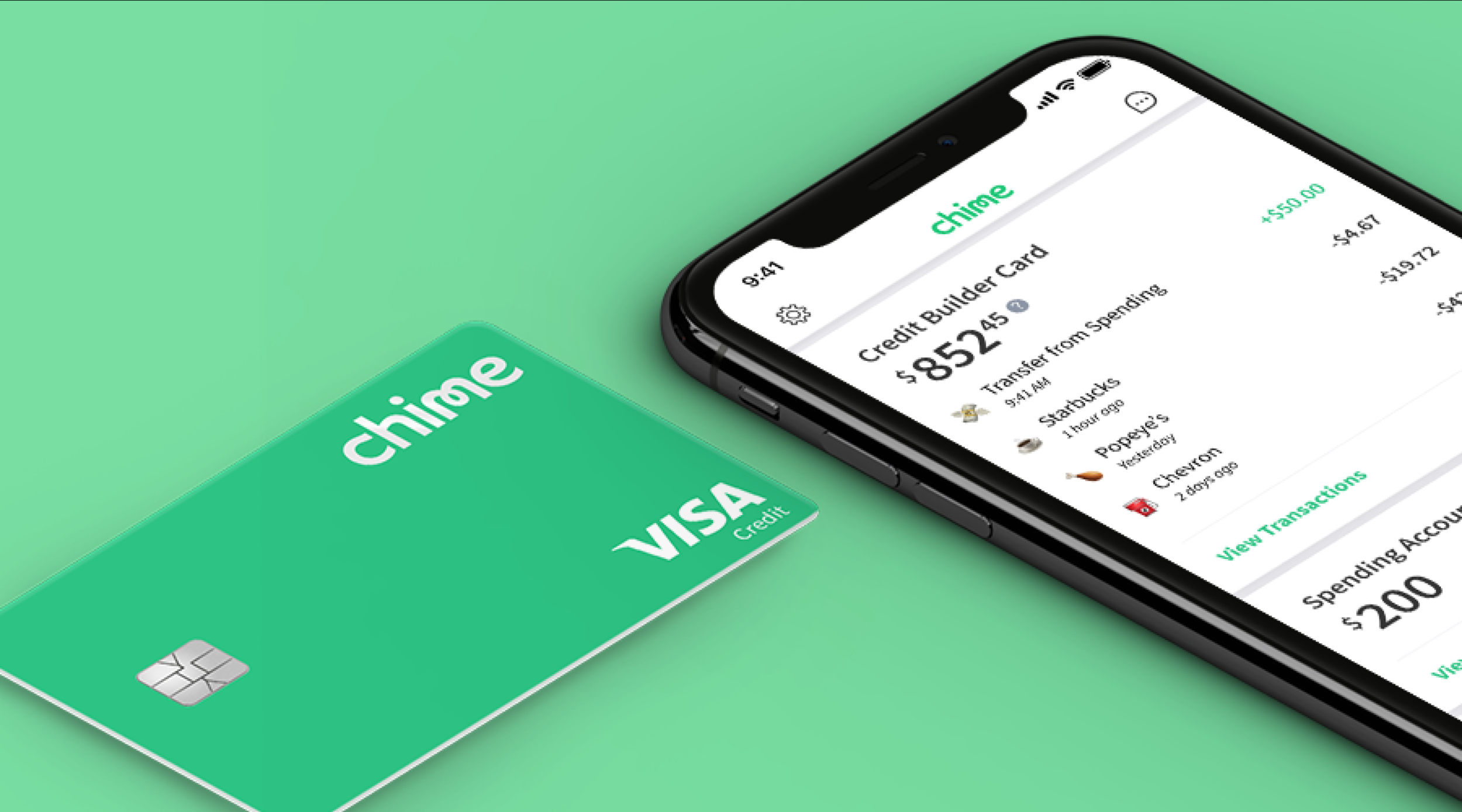Strategies to Avoid Credit Card Debt: A Practical Guide

Understanding Financial Independence
Feeling overwhelmed by financial responsibilities is a common experience for many individuals, especially concerning credit card usage. It’s easy to fall into the trap of overspending with the convenience of plastic, leading to a cycle of credit card debt that can feel insurmountable. However, there is a brighter path ahead—by taking control of your shopping habits and financial choices, you can reclaim your financial health.
One of the most effective tools in your financial toolkit is a budget. Creating a budget isn’t merely about restricting your spending; it’s a powerful strategy that allows you to understand the flow of your money. Start by tracking your income and expenses, categorizing them into necessities and discretionary spending. Utilize budgeting apps like Mint or You Need a Budget to make this process easier. Knowing where your dollars go each month can help you identify areas where you can cut back, allowing for a more sustainable lifestyle without falling into debt.
Strategies for Smarter Spending
Another important strategy is to use cash for purchases. While credit cards offer the allure of rewards and cashback, they can also encourage impulsive buying. By switching to cash or a debit card, you may find that you think more carefully about each purchase. The hands-on exchange of cash not only makes you more aware of your spending but can also help bring a psychological edge to spending restraint. For example, consider setting aside a set cash allowance for dining out or entertainment each month. Once it’s gone, it’s gone, eliminating the temptation to overspend.
In order to maintain responsible credit use, it can also be beneficial to set limits on credit card spending. Determine a reasonable maximum amount to charge to your credit card each month, one that aligns with your budget and ensures that your payments remain manageable. This proactive approach allows you to enjoy the benefits of having a credit card without succumbing to the stress of unmanageable debt. Tools such as credit card alerts can help you stay informed about your spending and remind you to adhere to your limits.
Acknowledge that breaking the cycle of debt starts with awareness. Regaining control over your financial situation is entirely possible, and it begins with small, conscious decisions that add up over time. By implementing these strategies into your life, you are creating a foundation for a more secure financial future, one where freedom from credit card debt is not just a dream, but a reality.
Ultimately, remember that avoiding credit card debt isn’t just about denying yourself the use of credit. It’s about cultivating healthy habits that contribute to your overall financial wellness. Embrace this journey, take charge of your finances, and watch as your confidence—and your financial stability—grows. Your financial future is in your hands, and by making informed choices today, you set the stage for a brighter tomorrow.
DON’T MISS OUT: Click here to get started with crochet
Crafting a Financial Safety Net
Before you can embark on your journey to financial independence, it’s crucial to establish a solid foundation that will help you manage your finances effectively. This begins with understanding emergency funds and why they are essential in avoiding credit card debt. An emergency fund acts as a safety net, providing you with financial support in unexpected situations without having to resort to credit. Ideally, aim to save three to six months’ worth of living expenses. This cushion will not only help you face unforeseen events, such as medical emergencies or car repairs, but also prevent you from relying on credit cards in times of need.
Once you have your emergency fund set up, it’s time to refine your daily spending habits. A key aspect of financial health is mindful purchasing. This means being aware of your buying patterns and the motivations behind them. Take a moment to examine your spending triggers; are you more likely to shop when you’re stressed or bored? Recognizing these patterns can empower you to make more thoughtful decisions. Consider creating a “cooling-off” period before making major purchases—this could be a day or even a week. This brief pause allows you to discern if the item is genuinely necessary or just a fleeting desire.
Embracing the Power of Needs vs. Wants
Another invaluable technique in your financial arsenal is distinguishing between needs and wants. In today’s consumer-driven society, it can be all too easy to conflate the two. Begin by listing your monthly expenses and categorizing them:
- Needs: Rent, utilities, groceries, transportation
- Wants: Dining out, entertainment, luxury items
This will not only clarify your spending habits but also reveal areas where you can reduce costs. By prioritizing your needs over wants, you build a lifestyle that aligns with your financial goals. In moments of temptation, refer back to this list. Ask yourself, “Is this a need or just a want?” Having this distinction in mind serves as a powerful check against impulse spending.
Moreover, consider the impact of automating your savings. Just as you can set up automatic payments for your bills, you can establish automatic transfers to your savings accounts. By treating savings like a non-negotiable expense, you ensure that money is allocated for your future without any conscious effort. This simple adjustment can significantly enhance your financial stability and help you avoid the pitfalls of credit card debt.
As you weave these strategies into your daily life, you will find that managing your finances becomes easier and more rewarding. Remind yourself that achieving financial stability is a journey, and every small step counts. By fortifying your approach to spending and nurturing healthy financial habits, you harness the ability to steer clear of credit card debt and pave the way for a secure financial future.
DISCOVER MORE: Click here to get started on your first crochet project
Building a Responsible Budget
Having a solid grasp of your financial landscape begins with creating a well-structured budget. This is your financial roadmap, providing clarity on where your money is going and helping you make informed decisions. A budget allows you to allocate funds for necessities while setting limits on discretionary spending, ultimately protecting you from overspending and accumulating credit card debt.
Start by tracking your income and expenses for a month. Identify your total earnings, then list your expenses, separating them into fixed (like rent and utility bills) and variable categories (such as entertainment and dining out). Modern budgeting apps can simplify this process, providing visual insights into your spending patterns. Once you have a clear picture, set realistic limits that prioritize your essentials while allowing for some guilt-free indulgence. This balance encourages sustainable financial habits and fosters a sense of achievement when you stick to your budget.
Utilizing the Envelope System
Another powerful budgeting technique is the envelope system. This method involves allocating cash for specific spending categories by placing the designated amount into envelopes labeled for various expenses, such as groceries, dining, or entertainment. Once the cash runs out for a category, you cannot spend any more in that area for the month. This tangible way of managing finances can foster greater awareness and help limit excessive spending. While using cash may seem old-fashioned in our digital world, it serves as a potent reminder of real-world fiscal boundaries and keeps you away from the tempting ease of swiping your credit card.
Leveraging Credit Wisely
While credit cards can trigger debt if mismanaged, they can also be used to your advantage when approached with caution. Consider utilizing them for necessary purchases only, and always commit to paying your balance in full each month to avoid interest charges. This strategy not only keeps your credit utilization ratio low but can also build your credit score over time. Take advantage of credit card rewards and cash-back offers, but only if you can afford to pay off the balance promptly. This way, you reap the benefits without falling into the debt trap.
Setting Financial Goals
It’s essential to define and regularly revisit your financial goals. Are you saving for a home, a dream vacation, or perhaps a comfortable retirement? Clear objectives can inspire you to stick to your budget and resist unplanned credit card expenditures. When temptation strikes, reminding yourself of the larger purpose behind your budget can reignite your motivation. Break these goals into manageable milestones and celebrate achievements, no matter how small—they can provide a powerful boost to your confidence and reinforce positive financial behaviors.
Incorporating these budgeting strategies into your financial routine will empower you to manage your money with intention and purpose. As you strengthen your approach to budgeting and spending, you’ll be actively building the life you want, free from the constraints of credit card debt. Remember, every simple action brings you closer to your financial independence. Embrace these principles with optimism, knowing that your future self will thank you for the responsible decisions you make today.
DISCOVER MORE: Click here for the ultimate crochet guide
Conclusion
As we navigate the complexities of personal finance, it’s critical to recognize the importance of adopting proactive strategies to avoid credit card debt. By establishing a detailed budget, utilizing techniques such as the envelope system, and leveraging credit wisely, you can create a strong foundation for financial stability. These practical tools not only help you maintain control over your spending but also promote healthy financial habits that will serve you well in the long run.
The journey to financial independence is not just about avoiding debt—it’s about envisioning a future where your goals and dreams are within reach. Consistently revisiting your financial goals can help keep you motivated and focused, even when the temptation to overspend arises. Embrace the notion that each responsible decision you make contributes to a brighter financial future, sparking a sense of accomplishment and confidence.
Ultimately, it is the small, conscious actions taken in your everyday life that will lead to lasting change. As you continue to refine your budgeting skills, practice restraint with credit, and commit to your financial aspirations, you will pave the way for a healthier financial life. Remember, the path to avoiding credit card debt is not merely about guidelines and restrictions—it is about empowering yourself to live within your means and enjoy the peace of mind that comes with financial freedom. Take charge today, and let your determined choices today sculpt the success of tomorrow.



